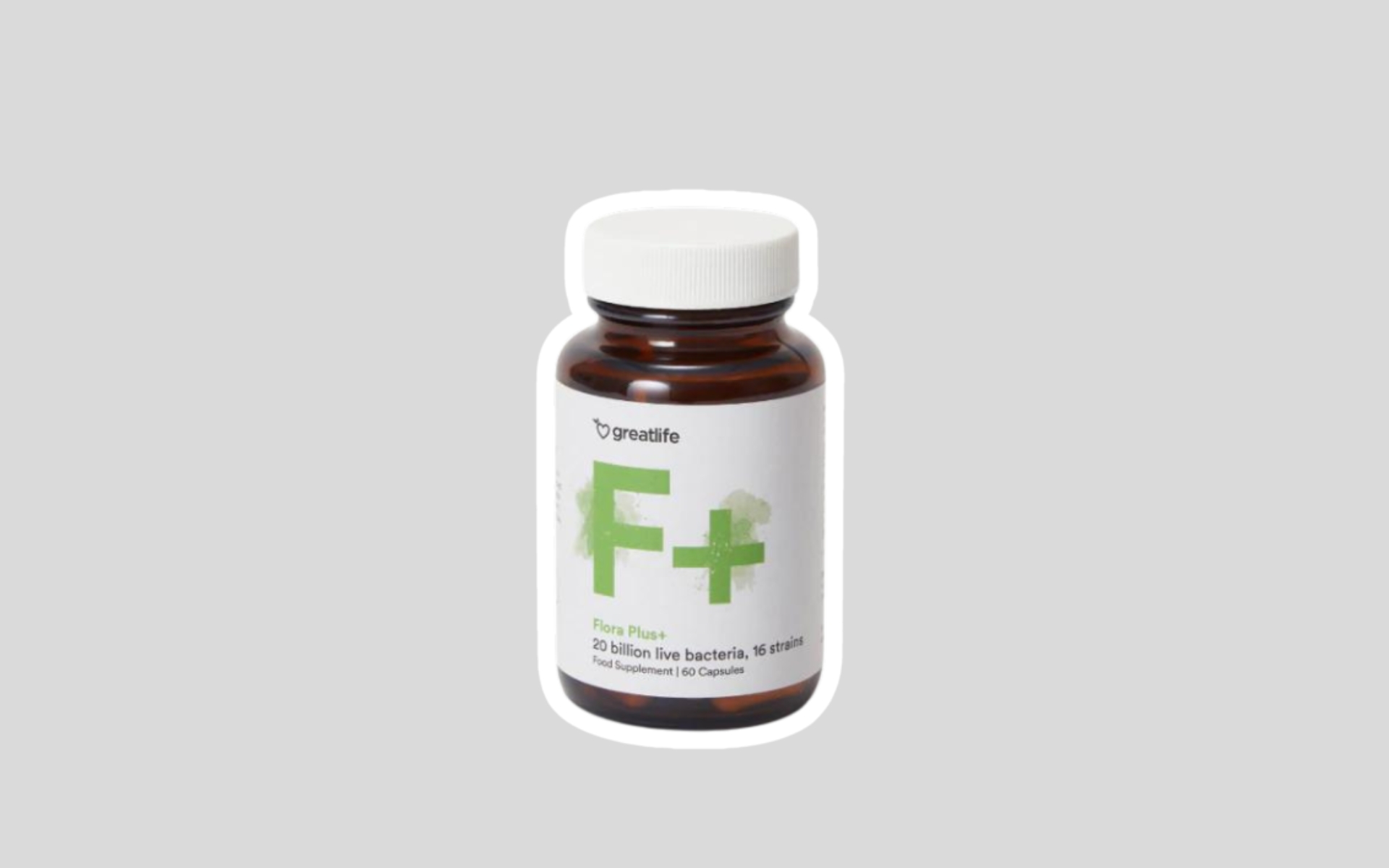It has been over 70 years since dermatologists John H. Stokes and Donald M. Pillsbury first proposed a gastrointestinal mechanism—connecting the digestive system to other organs—for conditions like depression, anxiety, and skin disorders such as acne. Stokes and Pillsbury hypothesized that emotional states could alter normal gut flora, increase intestinal permeability (also known as leaky gut), and contribute to systemic inflammation. Among the measures advocated by Stokes and Pillsbury was the intake of probiotic bacteria such as Lactobacillus acidophilus to improve these conditions. Several aspects of the gut-brain-skin theory have recently been validated. The ability of gut flora and probiotic supplementation—dietary supplements of beneficial gut bacteria—to influence systemic inflammation, oxidative stress, glycemic control, lipid levels, and even mood can be highly significant in acne and related skin issues.
High-quality probiotic supplements are strongly recommended for acne. Good probiotics should contain numerous non-competing strains and high doses. These (EU)(US) are the best probiotic available on the market. Learn about proper dosage in the program materials.
Whitney P Bowecor, Alan C Logan. Acne vulgaris, probiotics and the gut-brain-skin axis – back to the future? Gut Pathog. 2011; 3: 1.
